Key facts and figures on International Geneva
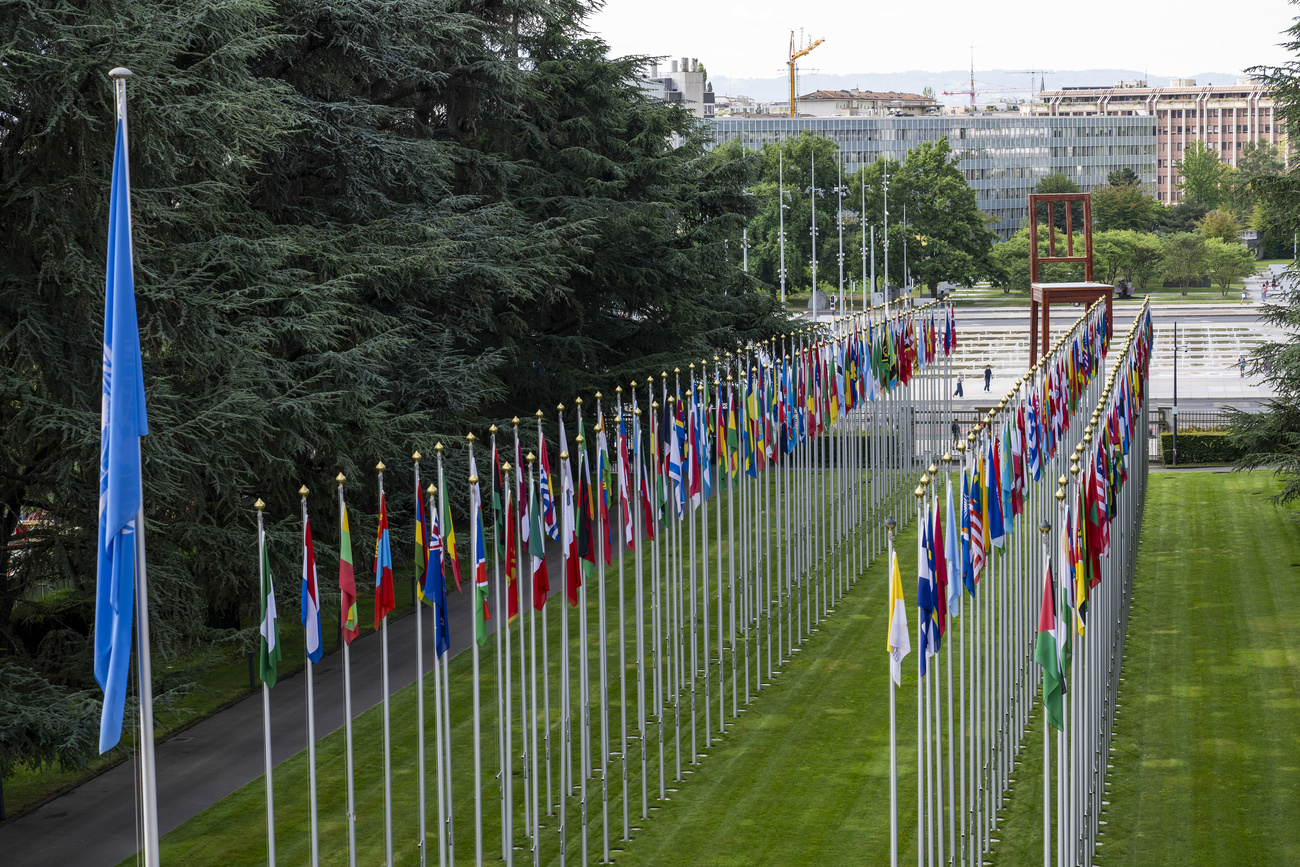
In the last decade, the number of multinationals in Geneva has doubled, while the number of NGOs has also increased considerably.
They come to the Swiss city in search of “an ecosystem of institutions that nurture each other, complement each other, and engage in dialogue,” says the Fondation pour Genève in a study published in 2023External link.
461
In 2023, there were 38 international governmental organisations and 461 non-governmental organisations (NGOs) in the canton, according to the Geneva cantonal statistical officeExternal link. Some of these are well known, like Greenpeace, Médecins Sans frontières (Doctors Without Borders), and WWF, while others are perhaps less so: for example, Access Now, which campaigns for access to information for communities at risk, Frontline Aids, and many others.
These organisations fall into five categories : humanitarian, economics, health, peace, and the environment. Their missions touch on international diplomacy (peace, security, human rights) as well as scientific and technical fields (health, science, telecommunications) or economic, social and environmental affairs. Some international organisations are active in several categories, since their mission overlaps these – for example, matters of intellectual property.
41%
International Geneva is served by a heterogenous population coming from many countries. In 2022, 41.3% of all those living in the canton were of non-Swiss origin, with 72% of them coming from Europe. The most represented nations, in descending order, are France, Portugal, Italy, Spain, Kosovo, Great Britain, Brazil, Ukraine and the United States.
As well, some 47% of Swiss nationals living in Geneva have a second citizenship. Looking at the entire canton, nearly two-thirds of the population have a second passport.
36,000
At the end of 2023, there were 38 international organisations established in canton Geneva. Of these, 24 have a headquarters agreemeExternal linknt establishing the organisation’s legal status in Switzerland, which among other things offers certail fiscal advantages.
These organisations currently have 28,730 employees on their books. This figure is now in decline for the first time in a decade. To these can be added 4,025 people working for countries’ permanent missions to the United Nations and other international organisations – Geneva is also the seat of the United Nations headquarters in Europe.The 461 international NGOs operating in Geneva have a total of 3,276 employees.
All of these institutions, plus consulates with a total of 198 employees, represent a total of roughly 36,000 jobs in canton Geneva.
2,133
In 2019, Geneva was host to 2,133 multinational companies. This figure has increased markedly since 2008, where there were 931 multinationals, of which 754 were foreign. This increase of some 130% in a period of five years has been accompanied by a 56% increase in the number of jobs they generate, which went from 76,177 to 119,169External link. The quota of Swiss multinationals increased between 2008 and 2019, rising from 19 to 39% of the organisations and from 40 to 52% of the jobs.
The multinationals account for about 37% of jobs in canton Geneva, notably in the academic and scientific bracket and in high value-added management. The sectors of the economy represented here vary, with a significant presence in the technical and scientific fields, as well as in finance, commerce and watchmaking.
The organisations and companies of international Geneva are mostly small- to medium-sized, although a few big employers account for most of the jobs in the canton. The latter include Japan Tobacco International, a global company producing tobacco and vaping products; Trafigura, one of the world’s main commodities suppliers; and Gunvor, an energy commodities trading company that has most of its business units in Geneva.
56%
Multinationals generated a value added of CHF32 billion ($37.2 billion) in terms of jobs and wealth. Specifically, in 2019, they generated CHF21.3 billion worth of value added in canton Geneva, the equivalent of 56% of the canton’s GDP, along with over 160,000 jobs, or about half the canton’s total. This is according to Nathalie Fontanet, the cantonal minister responsible for finance, speaking to Swiss public radio RTS in December 2023.
2.34 billion
Tax revenue from international players in Geneva amounts to CHF2.34 billion per year. Over 95% of this comes from multinational companies (CHF2.24 billion per year). Workers at multinationals account for more than half (52%) of income tax revenue for canton Geneva and its municipalities.
Fourth destination in Europe
Geneva is one of the top five most-visited destinations in Europe in 2024, according to an annual ranking by European Best Destination together with Forbes USA, Condé Nast and National Geographic. It is based on the choices made by 1 million travellers from 172 countries.
Tourism in Geneva has bounced back since 2022 and the end of the global Covid-19 pandemic. The number of overnight stays in 2022 (2.9 million) was almost double that recorded in 2021, according to statistics from canton GenevaExternal link.
This increase is mainly due to foreign tourists (+128%) returning to Geneva; local tourists (+39%) are also choosing this Swiss region. Not surprisingly, 40% of visitors are European.
Despite these solid figures, Geneva “faces stiff competition as many cities enjoy a profile on the international scene,” says Yannick Roulin, head of the International Geneva Welcome Centre. “It is a daily battle to try and get ahead.”
Edited by Virginie Mangin
Adapted from French by Terence MacNamee/gw

In compliance with the JTI standards
More: SWI swissinfo.ch certified by the Journalism Trust Initiative
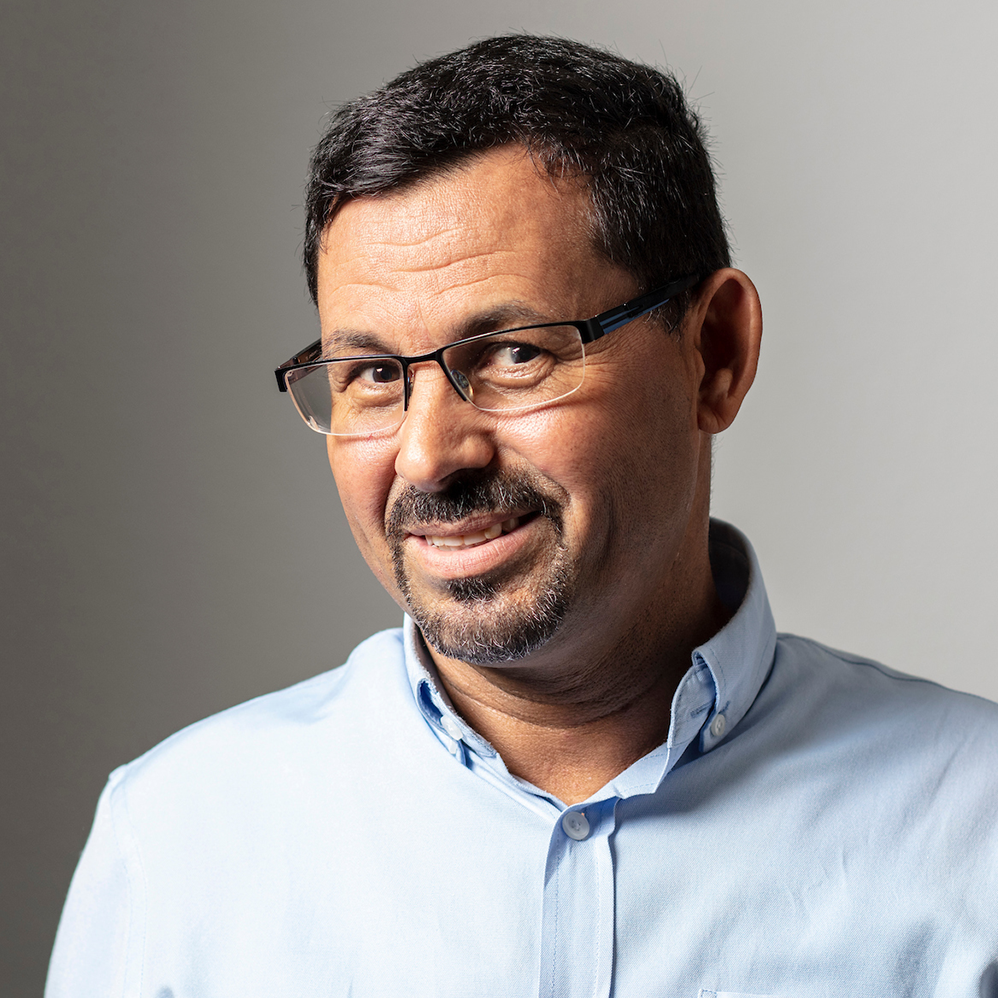



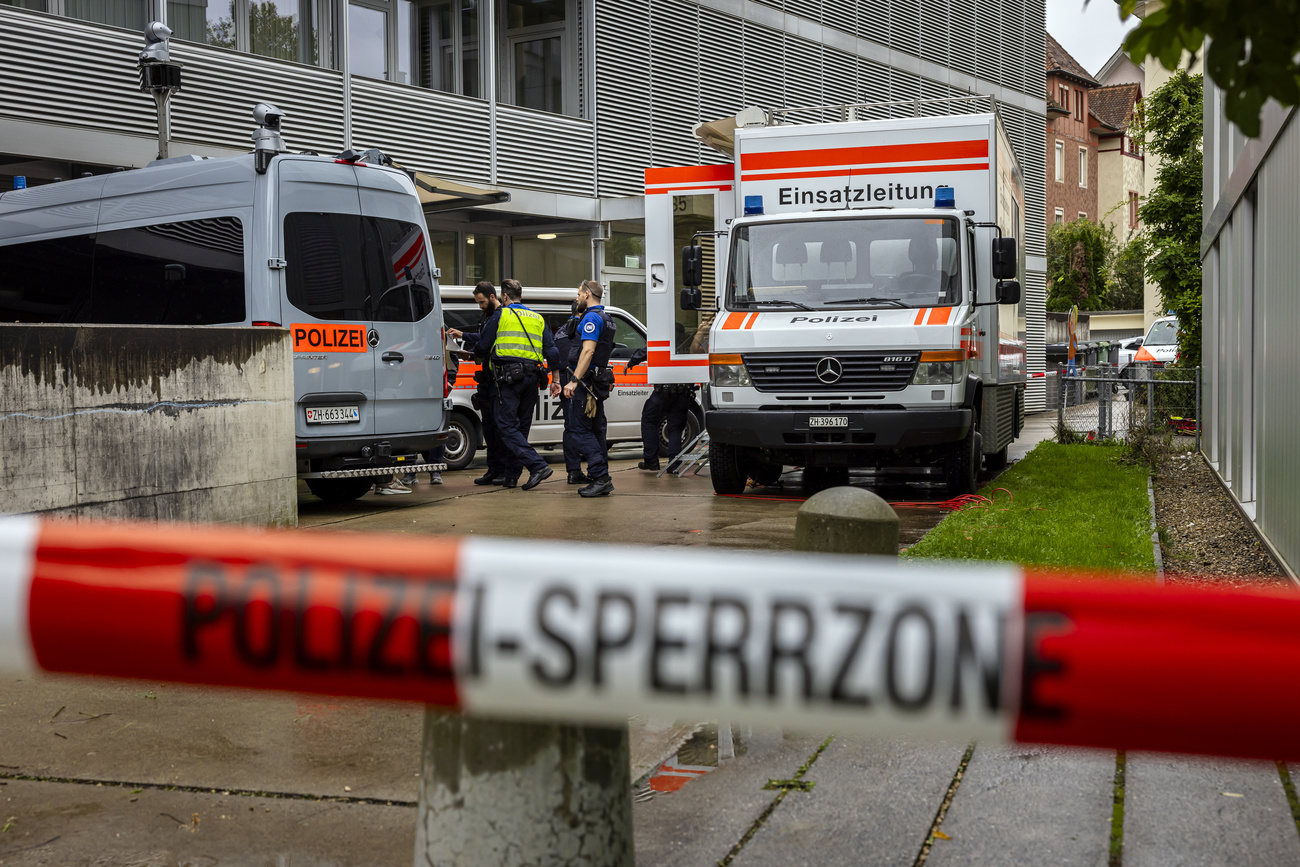
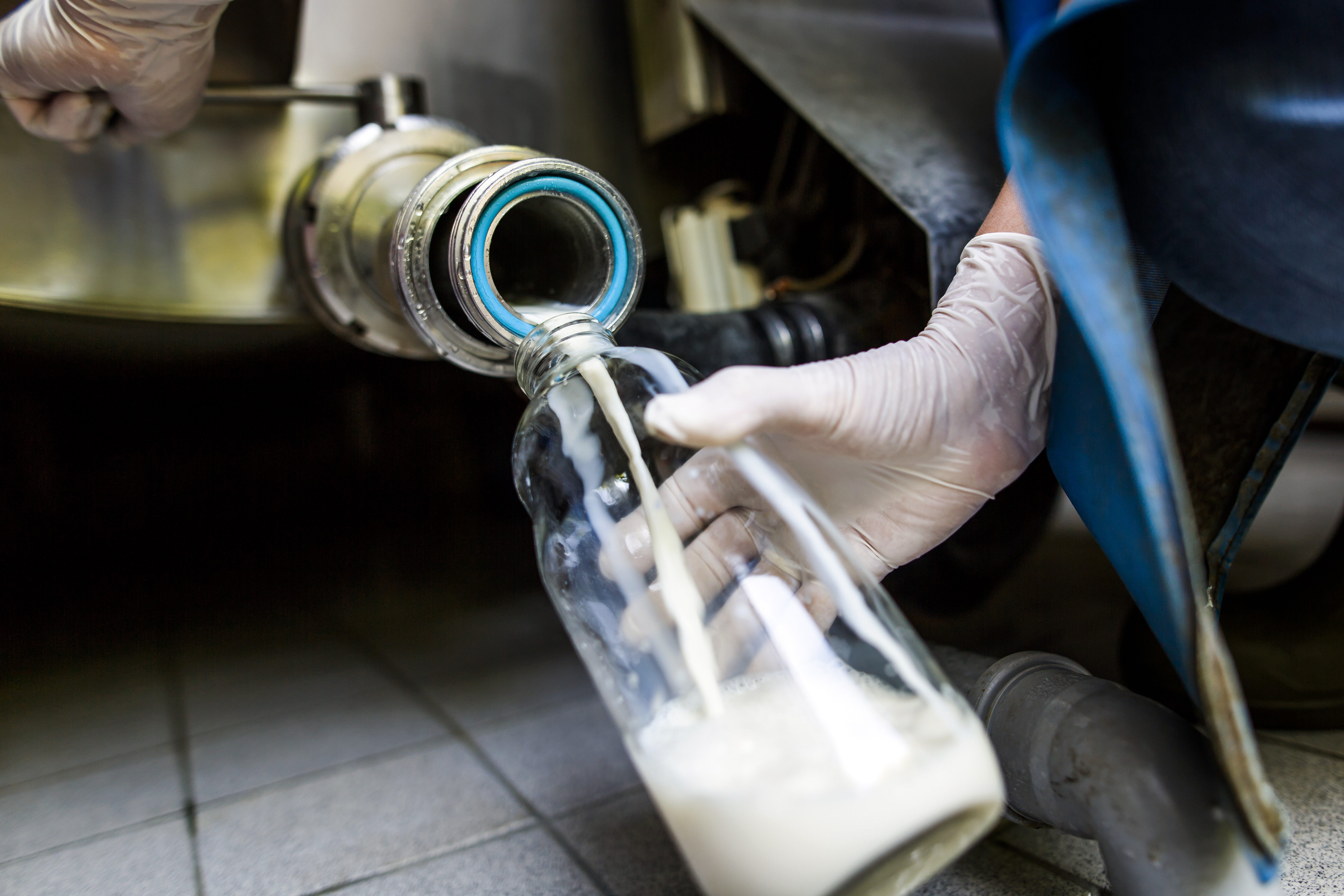
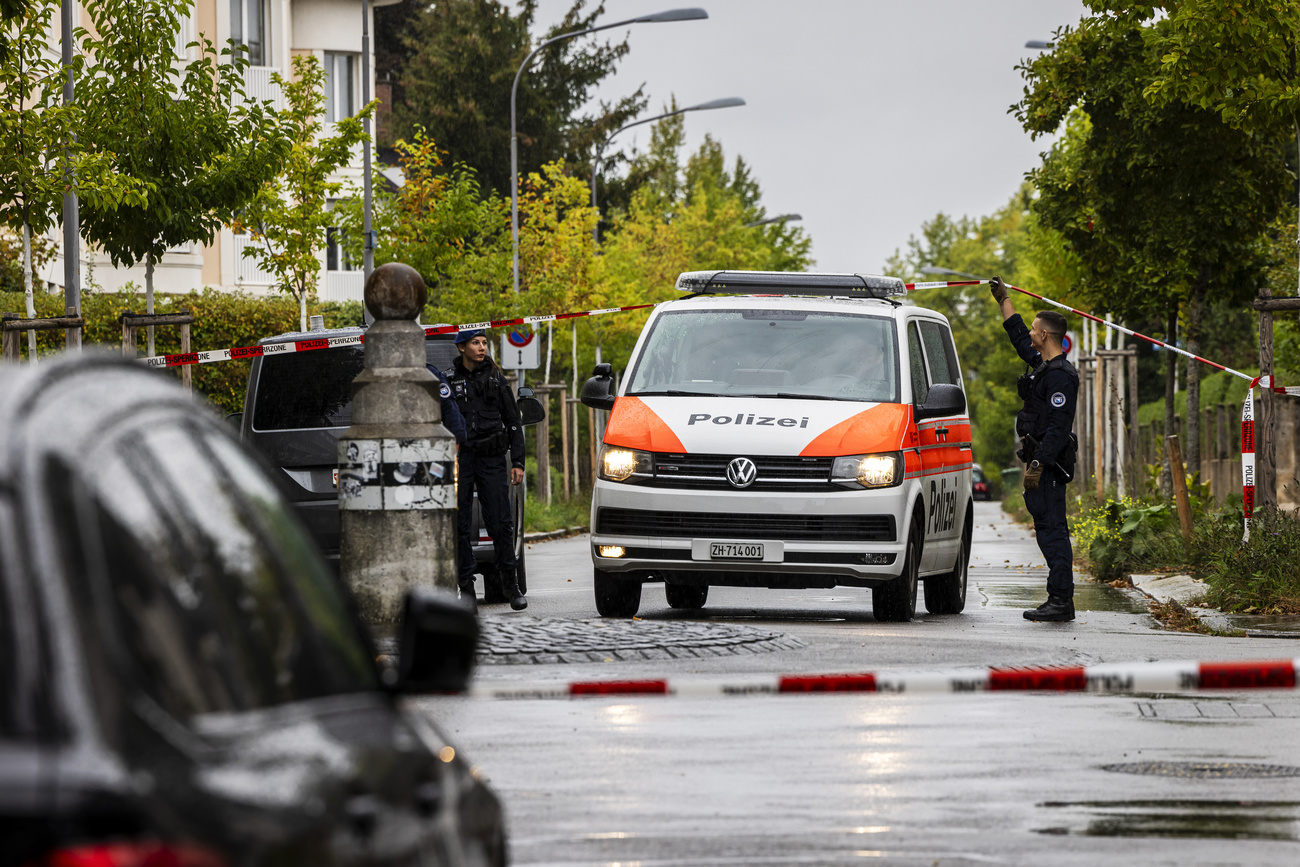
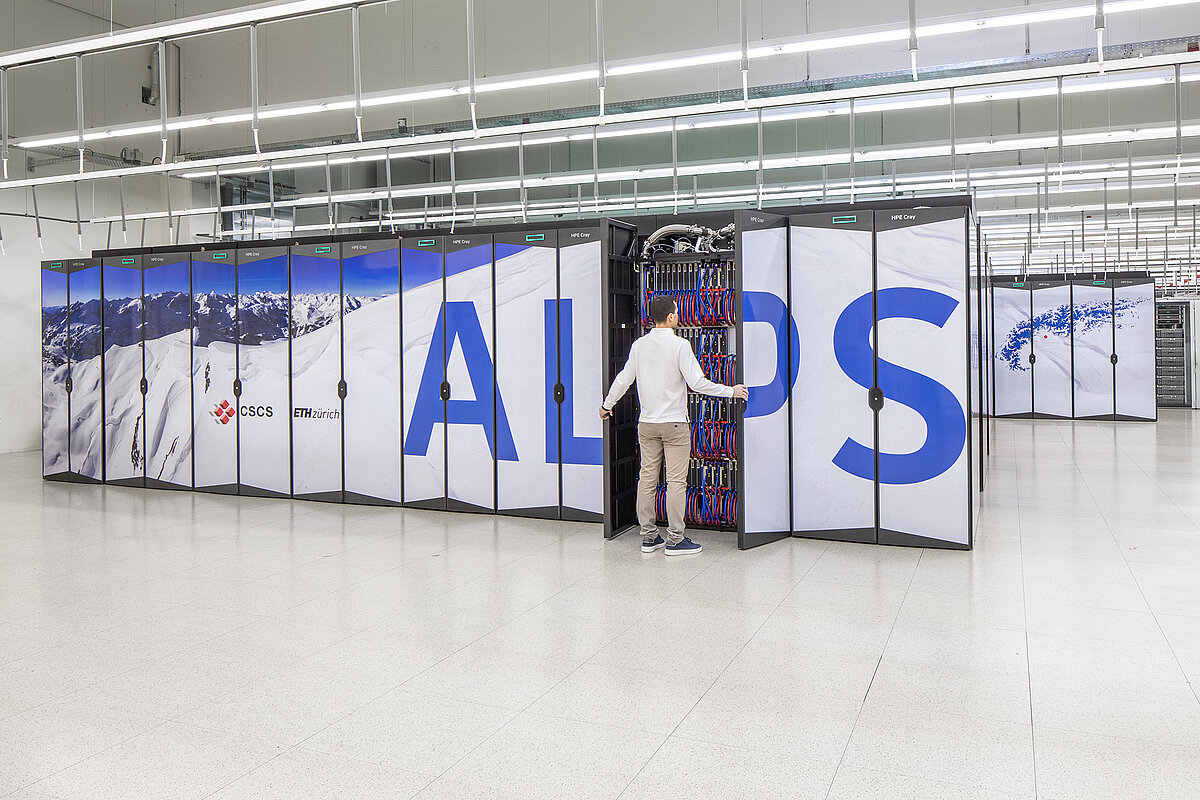



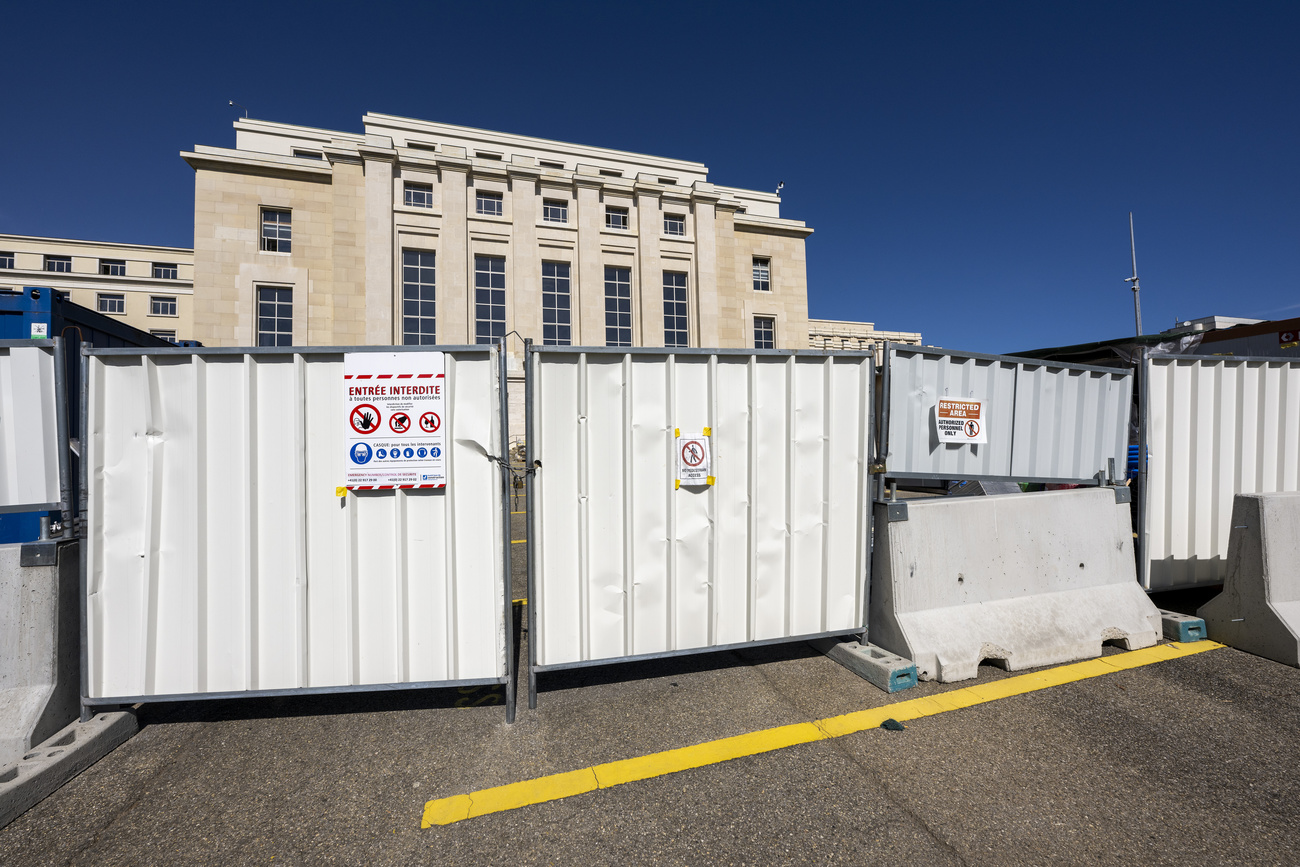
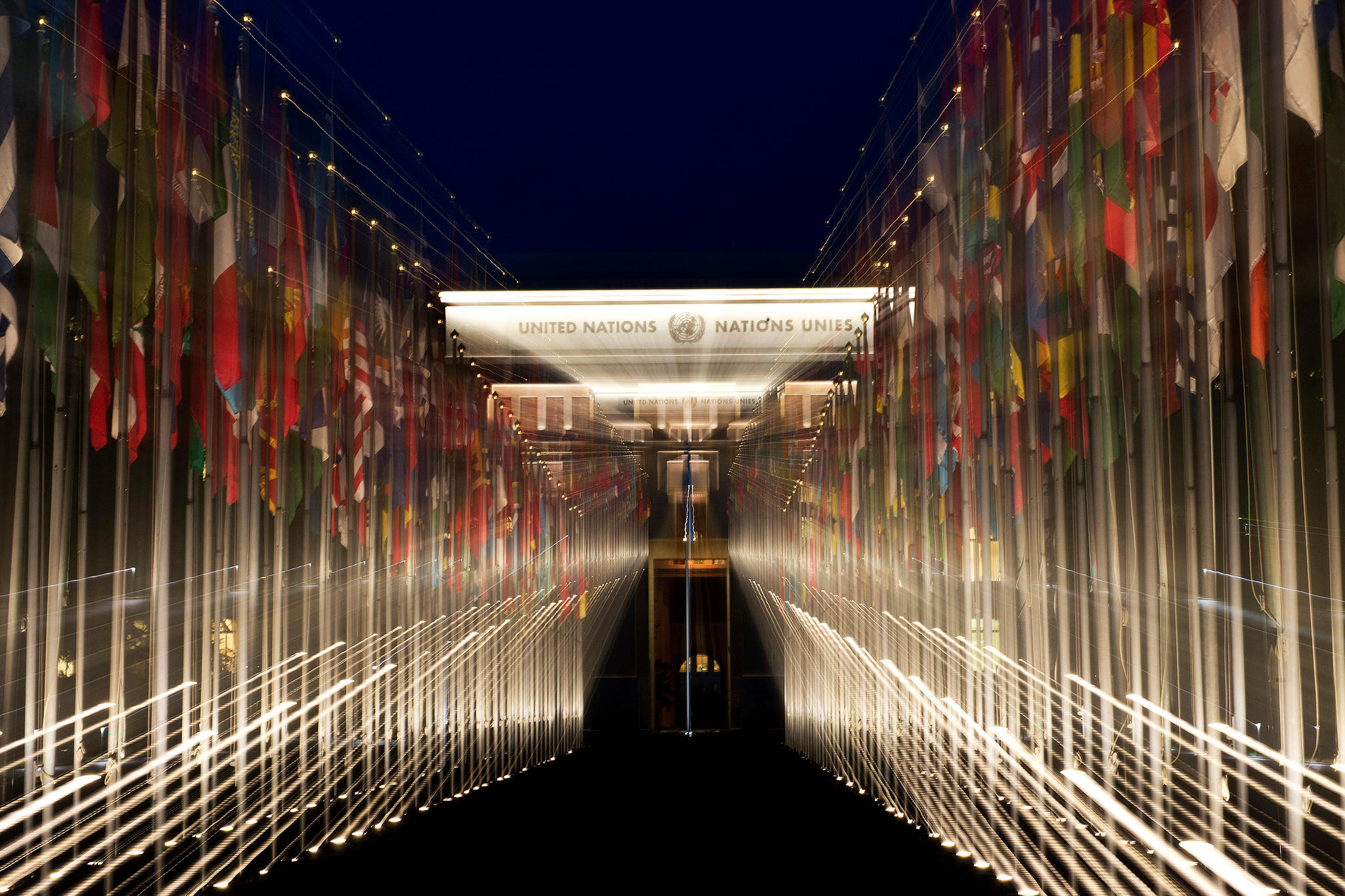
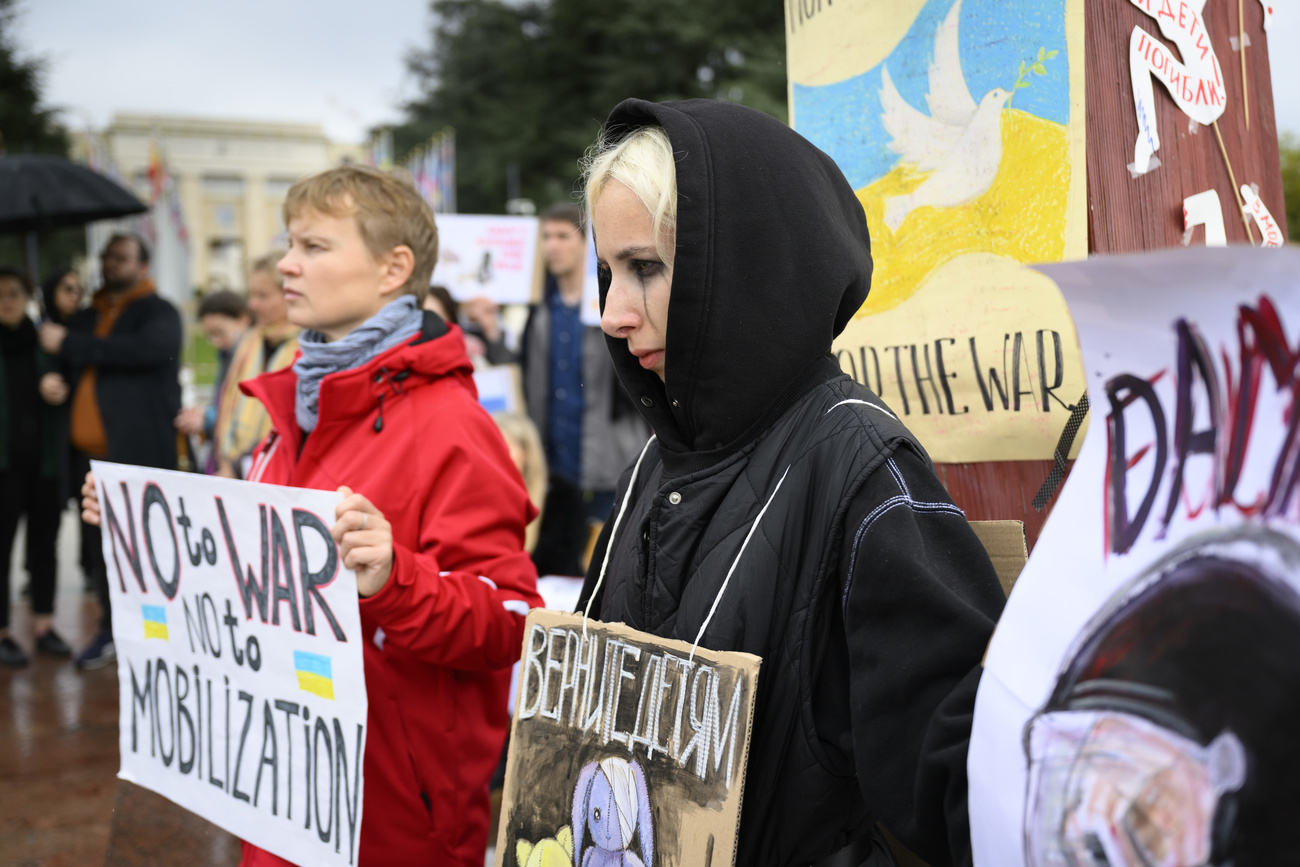
You can find an overview of ongoing debates with our journalists here . Please join us!
If you want to start a conversation about a topic raised in this article or want to report factual errors, email us at english@swissinfo.ch.